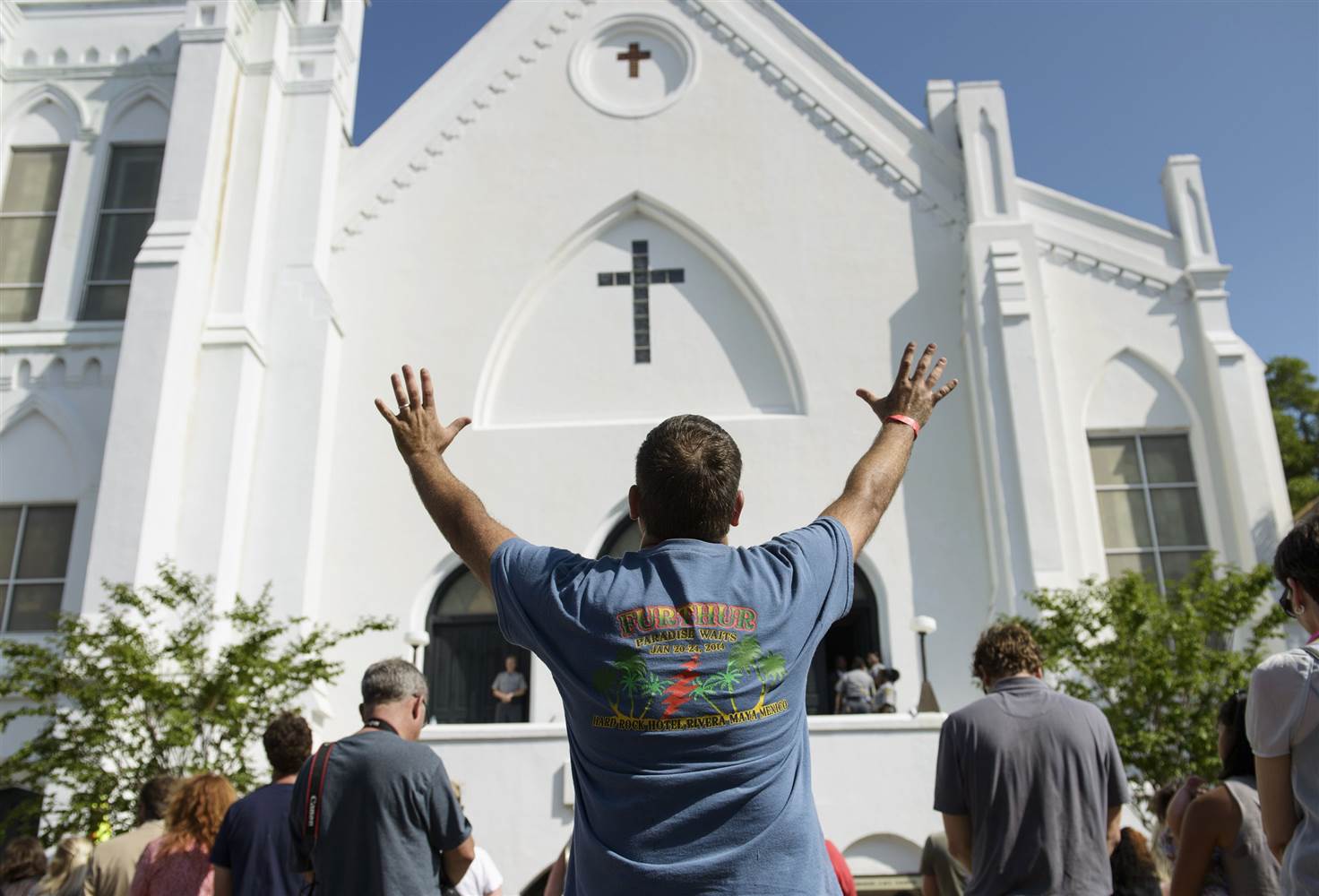
Charleston (SC) – After decades of fighting racism through peace, Emanuel AME Church is poised for world recognition after a group of Chicago officials led an effort to nominate the church to receive the Nobel Peace Prize.
The historical nomination comes as Emanuel AME celebrates the 200th Anniversary of the church’s 225 year-history, one that changed the course of the church’s destiny.
The Nobel Peace Prize has never been awarded to a Black Church and some say such an honor is long overdue.
The congregation was formed in 1791 by a coalition of free Blacks and slaves. At first Blacks were members of Charleston’s Methodist Episcopal Church. Two hundred years ago in 1816, they left their white counterparts in a dispute over burial grounds.
The church’s pastor, Reverend Morris Brown and other ministers of the church were jailed for violating laws that prohibited slaves and free Blacks from gathering without white supervision. In 1822, the church was burned to the ground, after white officials uncovered plans for a slave revolt. The leader of the revolt, Denmark Vesey, was among 35 Blacks who were executed and about 313 Blacks were arrested.
In 1834, despite laws banning all Black churches, Emanuel AME continued to meet in secret until the end of the Civil War in 1865, when they formally reorganized. They adopted the name Emanuel, meaning “God with us.”
In 1985, Emanuel AME’s 125-year old building was added to the National Register of Historic Places.
But on June 17, 2015, the church was in the world spotlight for a massacre that stunned Americans across the nation. Nine church members suffered a brutal death by a young white man, Dylan Roof, who they welcomed at their weekly bible study. After their loved ones were buried, their relatives pushed through intense emotions and moved the world by forgiving a killer whose desire to start a “race war” threatened to inflame tensions that had been simmering in American cities for years.
Roof was captured and charged with nine counts of first-degree murder and has been recommended to received the death penalty.
Instead of becoming another stimulus for protests, the massacre became an inspiring, modern-day story of unconditional love that brought various races together at a time when police shootings and racial tensions were tearing the country apart. The streets in Charleston remain quiet. And the church has drawn weekly worshippers from different racial groups, including whites. Millions watched the funeral as President Barack Obama sang “Amazing Grace,” in a fitting tribute to South Carolina’s Reverend Clementa C. Pinckney and the eight victims.
At a recent press conference, several Black leaders praised Emanuel AME. They also signed a letter urging the Norwegian Nobel Committee to award Emanuel AME Church the Nobel Peace Prize Award.
“This is truly a great idea, “ said Congresswoman Robyn Kelly, who attended the funeral of Reverend Pickney. “The grace and spirit the relatives showed was truly amazing.”
Since the tragedy, the state’s confederate flag has been removed from the state’s capital and banned in several southern cities. Students at colleges and universities have led peaceful movements to remove statues that honor leaders with ties to slavery and segregation.
If Emanuel AME Church receives the honor, it would make history as the first church and Black organization to receive the prize. The church’s name will be forever etched among some of the world’s most accomplished leaders and trailblazers in science, literature and economics. In the peace category, Emanuel AME Church will join a string of famous Blacks who have received the honor for their efforts in fighting injustice through non-violence.
Named after Alfred Nobel, a brilliant engineer who invented dynamite, the award began in 1901. Since then, 16 Blacks have been among numerous individuals who have been awarded the honor. Twenty-six organizations have received the Nobel Peace Prize, but none of them were churches, let alone Black-oriented.
The five-member Norwegian Nobel Committee typically receives more than 200 nominations and keeps candidates secret for 50 years.
Its first judging meeting will be February 29. In addition to Pope Francis, this year’s nominees include Nadia Murad, a woman who champions the rights of Islamic State rape victims. Edward Snowden, the former government contractor who revealed broad American surveillance programs, also was nominated.

Be the first to comment